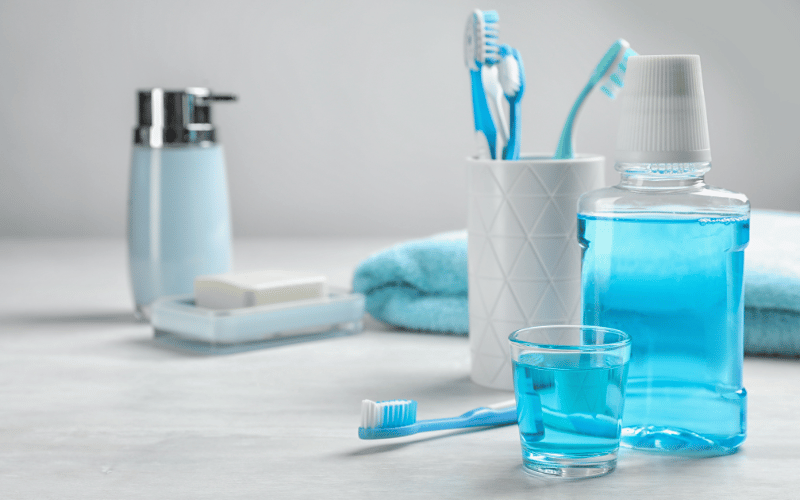Maintaining oral hygiene is critical to overall health. Yet, many people unknowingly make mistakes that can harm their teeth and gums. These errors lead to dental issues and impact general well-being. Common mistakes include using the wrong toothbrush, improper brushing techniques, and neglecting flossing.
Additionally, misunderstandings about mouthwash use, skipping regular dental visits, and poor dietary choices contribute to oral health problems. Attaining and preserving a healthy smile requires an understanding of these errors and knowing how to fix them.
This blog will explore common oral hygiene errors and provide practical solutions to help you avoid them.
Common Oral Hygiene Mistakes
Mistake #1: Using the Wrong Toothbrush
Many people use toothbrushes with hard bristles or incorrect sizes, believing they clean better. However, hard bristles can damage your gums and enamel, while an incorrect size may not reach all areas of your mouth. A toothbrush with soft bristles is generally gentler on your teeth and gums and helps avoid unnecessary abrasion.
Mistake #2: Incorrect Brushing Technique
Making the error of brushing too hard or at the incorrect angle is frequent. Overly vigorous brushing might damage enamel and cause gum irritation. Using a 45-degree angle and gentle, circular motions is the recommended technique. This approach ensures a thorough clean without harming your oral tissues.
Mistake #3: Skipping Flossing
Many people skip flossing, thinking brushing alone is sufficient. Nonetheless, flossing is necessary to get rid of food particles and plaque from under your gums and in the spaces between your teeth. Without flossing, these areas can develop cavities and gum disease. Regular flossing helps maintain healthy gums and prevents tooth decay.
Mistake #4: Not Using Mouthwash Correctly
Some people misunderstand how to use mouthwash properly. Common errors include using too much or not waiting long enough before eating or drinking. Mouthwash should be used as directed, typically around 20 ml for 30-60 seconds, and ideally, you should avoid eating or drinking for at least 30 minutes after use.
Mistake #5: Ignoring Dental Visits
Neglecting regular dental check-ups is another common mistake. Skipping visits to the dentist can result in undiagnosed issues that worsen over time. Regular appointments allow for early detection and treatment of problems, which can save you from more extensive and costly procedures later.
Mistake #6: Overlooking Diet’s Impact on Oral Health
Oral health is significantly influenced by diet. Cavities can result from eating and drinking acidic and sugary foods and beverages, which erode enamel. Restricting consumption of these foods is essential, as is focusing on a diet high in fruits, vegetables, and whole grains to support tooth health.
Mistake #7: Using the Wrong Products
Using oral care products not suited to your needs can be counterproductive. For example, using a toothpaste not designed for sensitivity when you have sensitive teeth may not address the problem. Effective oral care requires selecting the appropriate products based on your unique needs, such as antibacterial mouthwash or toothpaste with fluoride.
How to Fix These Oral Hygiene Mistakes?
Choosing the Right Toothbrush
Pick a toothbrush with gentle bristles to avoid wearing down the enamel and causing gum disease. Ensure the brush head is small enough to reach all areas of your mouth comfortably. Replace the bristles on your toothbrush every three to four months, or sooner if they start to deteriorate.
Mastering the Correct Brushing Technique
Twice a day, brush your teeth at a 45-degree angle to the gum line. Use gentle, circular motions rather than back-and-forth scrubbing. This method helps remove plaque without damaging your gums or enamel. Aim to brush for at least two minutes each time.
Incorporating Flossing into Your Routine
Make flossing a daily habit by setting a specific time each day. If traditional flossing is challenging, consider using floss picks or water flossers. These tools can make the process easier and more effective in maintaining clean interdental spaces.
Using Mouthwash Properly
Follow the instructions on your mouthwash bottle carefully. Typically, this involves swishing around 20 ml of mouthwash for 30-60 seconds. For the mouthwash to function properly, wait at least thirty minutes before eating or drinking anything.
Staying on Top of Dental Visits
Schedule regular dental check-ups every six months. Finding a reliable dentist, such as a trusted dentist in Airdrie, can help ensure consistent care. Having regular checkups keeps your oral health on track by enabling early detection and treatment of any problems.
Adjusting Your Diet for Better Oral Health
Eat fewer sugar-filled and acidic foods and drinks. Opt for snacks like apples, carrots, and nuts that are beneficial for your teeth. Drinking water and consuming dairy products can also help strengthen teeth and support overall oral health.
Selecting the Right Oral Care Products
To build enamel and help prevent cavities, choose toothpaste that contains fluoride. Choose items made specifically for your needs if you have any particular concerns, such as sensitivity or gum problems. Consult your dentist if you’re unsure which products are best for you.
The Role of Oral Hygiene in Overall Health
Connection Between Oral Health and General Health
Poor oral hygiene can significantly impact overall health. Gum disease and tooth infections can increase the risk of serious conditions like heart disease and diabetes. Maintaining good oral hygiene is crucial for preventing these connections and promoting overall wellness.
Benefits of Good Oral Hygiene Beyond the Mouth
Good oral hygiene extends benefits beyond just a clean mouth. It can boost self-esteem by improving the appearance of your smile. Additionally, maintaining good oral health can reduce the likelihood of expensive dental procedures and associated medical costs.
In summary, addressing common oral hygiene mistakes—such as using the wrong toothbrush, incorrect brushing techniques, and neglecting flossing—is vital for maintaining a healthy mouth. By choosing the right products, adjusting your diet, and staying on top of regular dental visits, you can improve your oral health significantly.
Taking these steps enhances your smile and supports your overall well-being. Regularly reviewing and updating your oral hygiene habits ensures long-term health benefits and a brighter, healthier smile.
FAQs
What are the signs that I might be using the wrong toothbrush?
Signs include experiencing discomfort or bleeding gums, noticing excessive wear on the bristles, or feeling that the toothbrush doesn’t reach all areas of your mouth effectively. A toothbrush with hard bristles or an inappropriate size can also lead to enamel wear and gum irritation.
How can I tell if I am brushing my teeth incorrectly?
Common signs include persistent bad breath, plaque buildup, or sensitive teeth. If you find yourself brushing too hard, using a back-and-forth motion, or neglecting certain areas of your mouth, you might be using incorrect brushing techniques.
How often should I visit the dentist?
Most people should visit the dentist every six months for routine check-ups and cleanings. However, if you have specific dental issues or conditions, your dentist may recommend more frequent visits.
Is flossing really necessary if I brush regularly?
Yes, flossing is essential even if you brush regularly. It removes plaque and food particles from between your teeth and below the gumline, areas that a toothbrush can’t reach. Flossing helps prevent gum disease and cavities.
Can poor oral hygiene affect my overall health?
Yes, poor oral hygiene can lead to various health problems. Gum disease and tooth infections can increase the risk of heart disease, diabetes complications, and respiratory issues. Maintaining good oral hygiene supports overall health and well-being.


